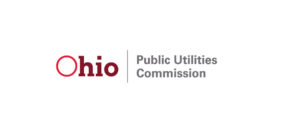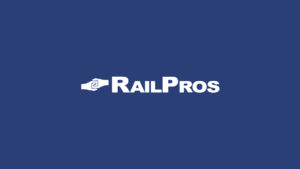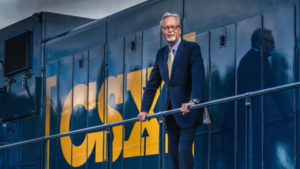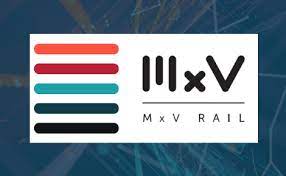Chicago RTA files suit against municipalities claiming lost tax revenue
Written by jroodChicago's Regional Transportation Authority filed a suit Aug. 23 in the Circuit Court of Cook County to recoup more than $100 million of revenue lost to tax avoidance scams operating in the municipalities of Kankakee and Channahon. The lawsuit arises from the utilization of tax sharing agreements, which have induced companies operating within the six-county RTA region and across the State to claim that their sales are sourced through sham offices set up in Kankakee and Channahon. Under these agreements, the two municipalities kick back almost the entire amount of their local share of the statewide sales tax to participating companies. According to RTA, These companies do not create jobs, promote economic development or have any operations in Kankakee or Channahon. The suit further alleges that the municipalities have disregarded the Freedom of Information Act by denying the RTA's request for the release of the agreements. Kankakee and Channahon also refuse to disclose the names of the participating companies to whom they paid more than $30 million of public funds in 2010. "The RTA system relies on sales tax revenue for almost 50 percent of our funding," said RTA Executive Director Joe Costello. "It is this funding that keeps our trains and buses running and in good repair. We know that these illegal tax avoidance scams are costing our riders tens of millions in lost revenues every year." At the heart of the suit is the issue of where a sale is "sourced." Unlike most states, Illinois imposes its sales tax at the location where the seller operates its business, not the location where the buyer is. The distinction doesn't matter when a sale is made over-the-counter, because the sale is simply sourced at the store. If the buyer and seller are at different locations when a sale happens, however, the sourcing rules matter a lot. They determine not just the rate of sales tax that applies but also which local government gets a portion of the tax collected. "This case is about fairness. Businesses that utilize our transit system because their company and their employees are located in our service area should pay their proper share of taxes and not try to shift that burden on to others," stated Costello. "These tax consultants and businesses that are misdirecting tax dollars in secret deals should be ashamed and we are intent on stopping this practice." Legislation gives the RTA and other local governments the right to sue to force repayment of the lost revenues, plus interest, fees and penalties. The FOIA portion of the suit would make the secret agreements public and require Kankakee and Channahon to identify the companies involved in the scheme and the amount of money being diverted from taxpayers to private business. "This suit is not an attempt to bankrupt Kankakee and Channahon," said RTA Chairman John Gates. "It is an attempt by the RTA Board to fulfill its fiduciary responsibility to our riders by collecting every penny that is owed to the transit system. We would prefer not to go to court, but these municipalities, and others engaged in this practice, have made it clear that they will not stop unless we make them." The RTA will also be working diligently this year to pass legislation that clarifies the tax code and permanently ends these tax schemes in a manner that preserves the right of municipalities to engage in legitimate economic development activities.





